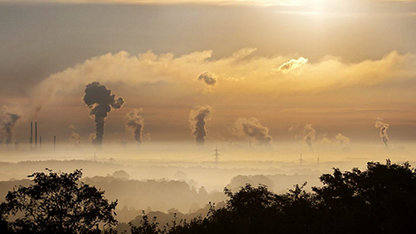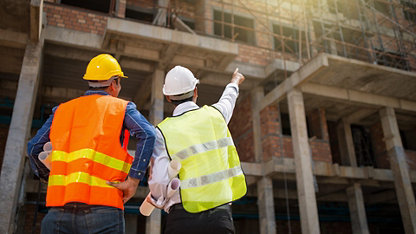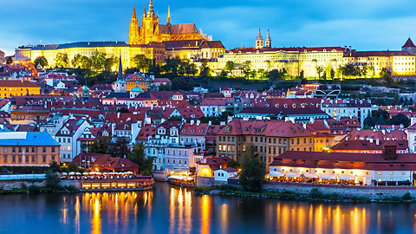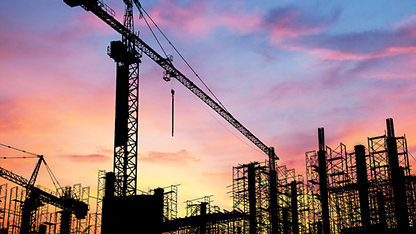As Europe moves forward with its ambitious climate goals, decarbonisation has become a central pillar of industrial policy. The recent industrial masterplan proposed by former European Central Bank President Mario Draghi emphasizes the need for structural transformation, placing decarbonisation at the heart of Europe’s future economic strategy. This masterplan not only aims to strengthen Europe's industrial competitiveness but also signals a new era for sustainable development in the built environment.
Decarbonisation and the Built Environment
The built environment is responsible for a significant portion of Europe’s carbon emissions. As such, the sector will play a crucial role in achieving the EU's climate targets. The Draghi masterplan highlights the urgent need for industries, including construction and real estate, to accelerate their decarbonisation efforts. This presents both a challenge and an opportunity for built environment professionals to lead the way in reducing carbon footprints, improving energy efficiency, and transitioning towards more sustainable building practices.
The plan underscores the importance of investing in green technologies, renewable energy, and energy-efficient infrastructure. For the built environment, this translates into the need for adopting innovative building materials, incorporating renewable energy sources into projects, and adhering to stricter environmental standards. As Europe strives to become climate-neutral by 2050, the real estate and construction industries must embrace these changes to remain competitive and sustainable.
RICS' Role in the Decarbonisation Agenda
RICS has been a key advocate for sustainability and decarbonisation in the built environment. Through our global standards, such as the RICS Whole Life Carbon Assessment for the Built Environment, we provide clear guidelines for professionals to assess and reduce carbon emissions across the lifecycle of a building. Our standards promote transparency, accountability, and innovation, helping professionals navigate the complex regulatory landscape and contribute meaningfully to the EU’s decarbonisation objectives.
Moreover, RICS is committed to supporting the development and adoption of green building practices, energy-efficient construction, and responsible investment in real estate. By aligning our professional standards with the goals of the Draghi industrial masterplan, we aim to empower our members to lead the industry’s decarbonisation efforts.
The Future of Sustainable Construction
The Draghi masterplan’s emphasis on decarbonisation provides a roadmap for how Europe’s construction and real estate sectors can align with the EU’s climate ambitions. By investing in sustainable technologies, enhancing energy efficiency, and reducing carbon emissions, the built environment will play a critical role in Europe’s transition to a greener, more resilient economy.
As this transformation unfolds, RICS will continue to advocate for and provide guidance on best practices that help professionals stay at the forefront of sustainability and innovation. Decarbonisation is not just a regulatory challenge but an opportunity for the built environment to become a leader in Europe's industrial renaissance.
For more information on how RICS is supporting the decarbonisation of the built environment, please explore our latest resources and publications. Together, we can help shape a more sustainable future for Europe and beyond.
For more information contact Senior EU Public Affairs Manager, Fausta Todhe at ftodhe@rics.org.













